
Karin Zhang Wei
As a UX designer with a business background, I craft impactful experiences that deliver a "win-win" for users, businesses, and the planet – balancing user needs, business goals, and environmental responsibility.

As a UX designer with a business background, I craft impactful experiences that deliver a "win-win" for users, businesses, and the planet – balancing user needs, business goals, and environmental responsibility.
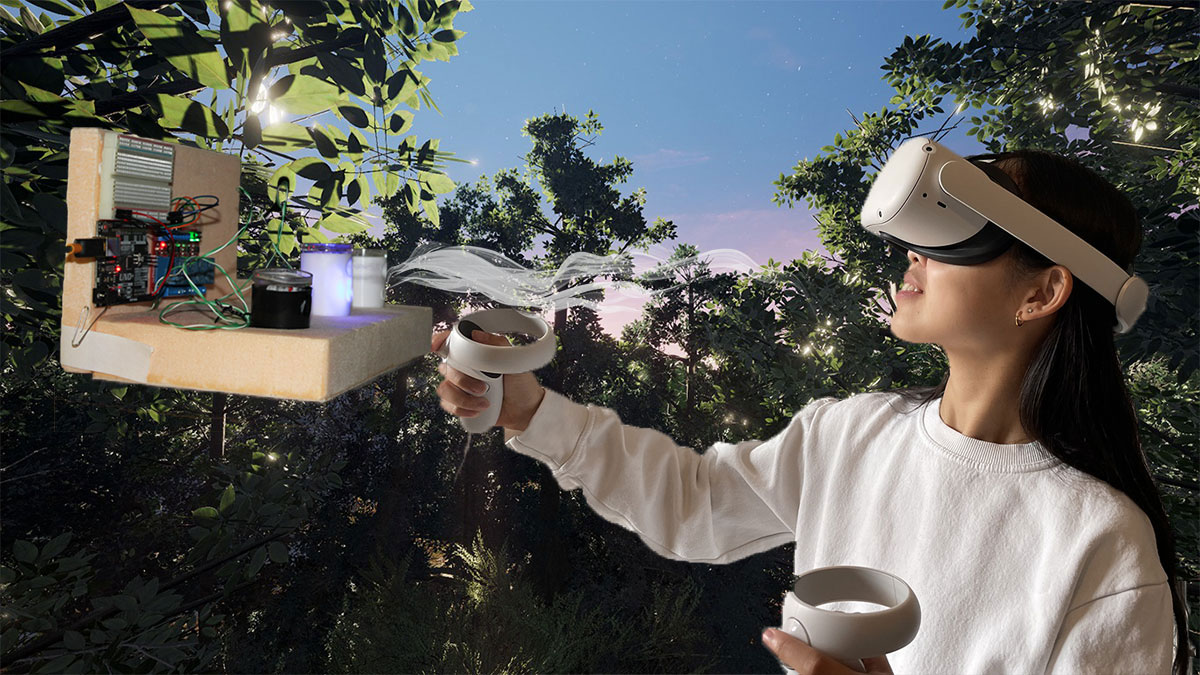
We abuse land because we regard it as a commodity belonging to us. When we see land as a community to which we belong, we may begin to use it with love and respect
Aldo Leopold

The aim of this study was twofold:
1) To examine how olfaction, specifically ambient scents, can be leveraged to promote greater care for nature among individuals and 2) to understand how prior experience with virtual reality may influence users’ emotional responses.
Appropriately, the following research questions were addressed in this study:
RQ1a) What is the effect of olfactory stimuli on nature connectedness and pro-environmental behaviour intentions in the context of iVR?
RQ1b) Are there any statistically significant differences in the level of nature connectedness before and after exposure to olfactory stimuli?
RQ2) Does prior experience with VR affect the level of empathy and nature connectedness across iVR experiences with and without olfactory stimuli?
Exiting theories around body transfer and spatial presence informed the decisions on selecting an iVR experience and incorporating multiple scents to the iVR experience, aligning with the visual changes.
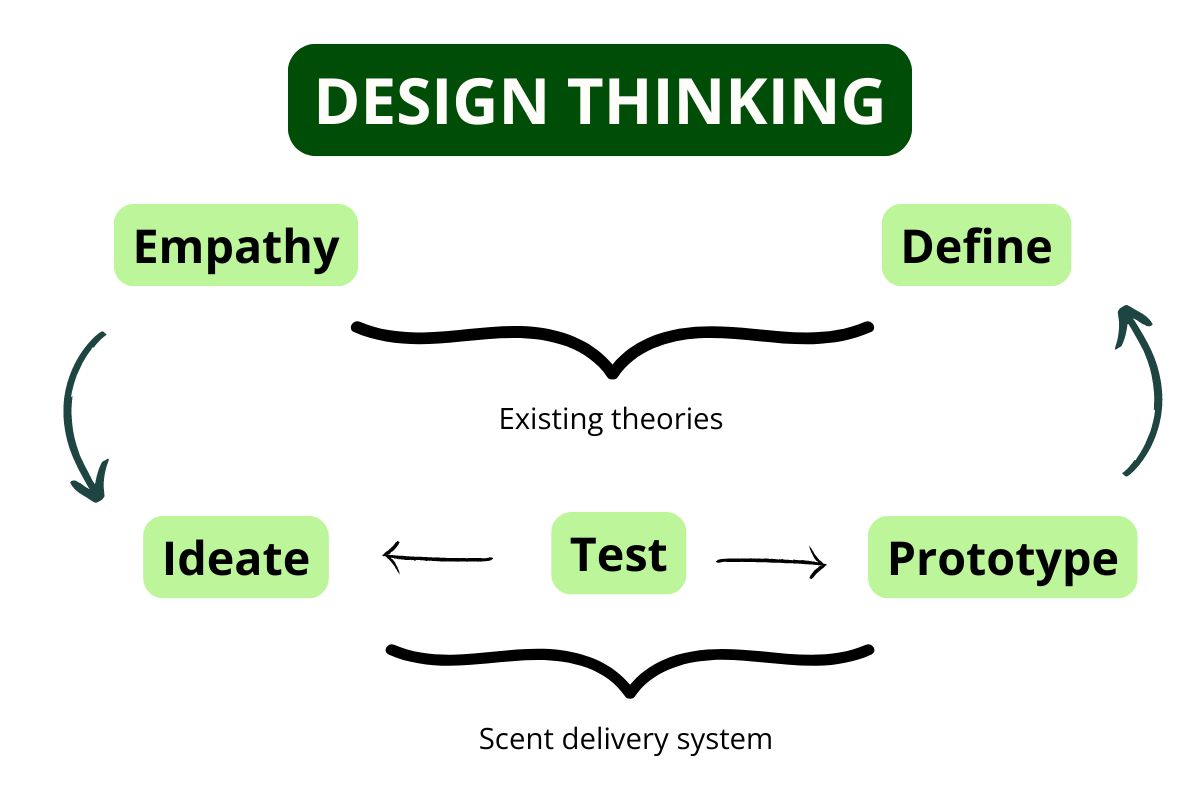
For this study, an existing VR experience called ‘Tree’ was selected, allowing the participant to experience a rainforest tree’s lifecycle first-hand through the body transfer of a rainforest tree. Filmmakers and academics at MIT designed the experience, which was purchased for this study through Viveport.
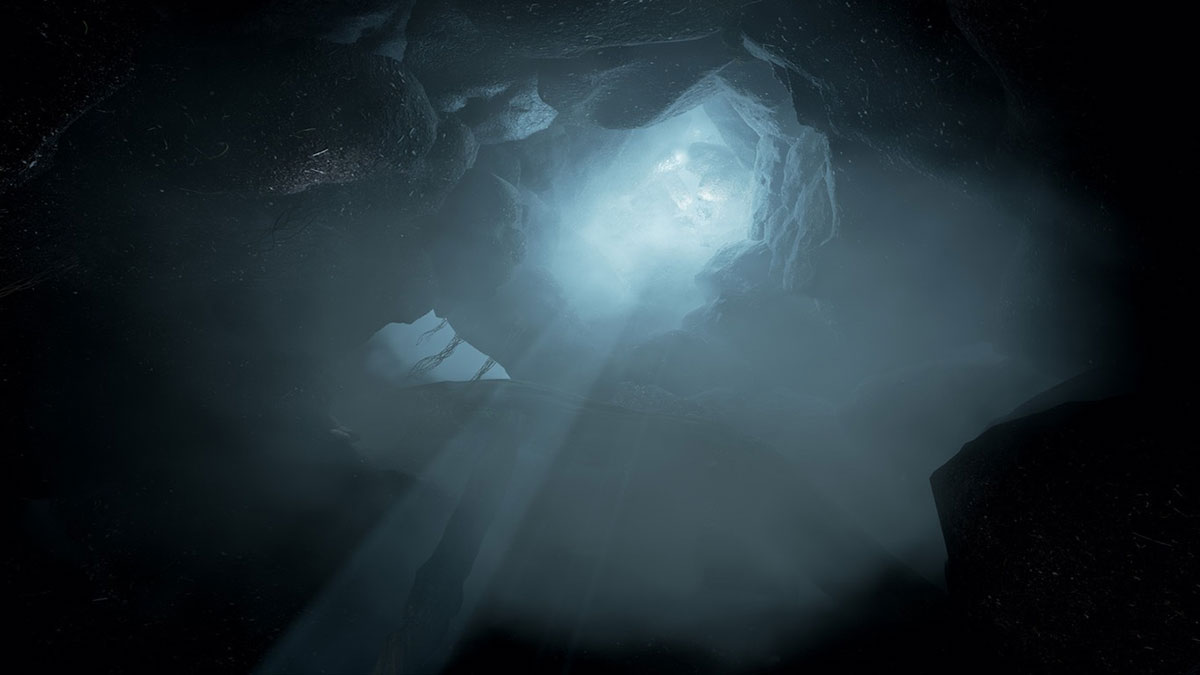
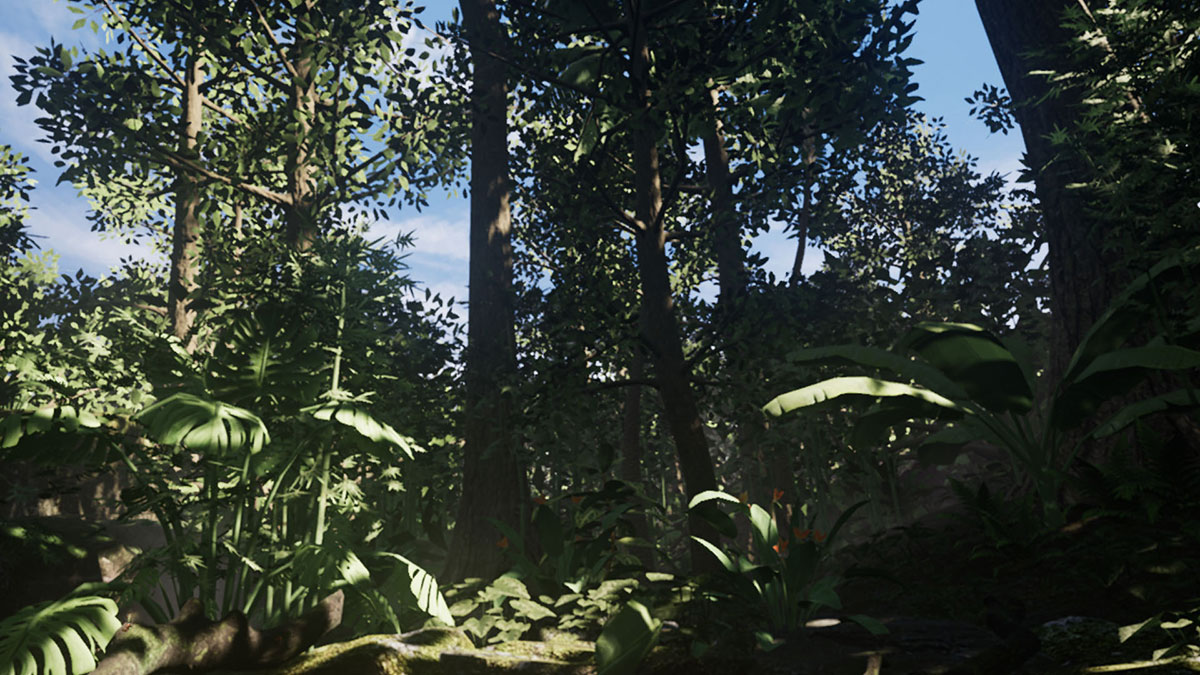



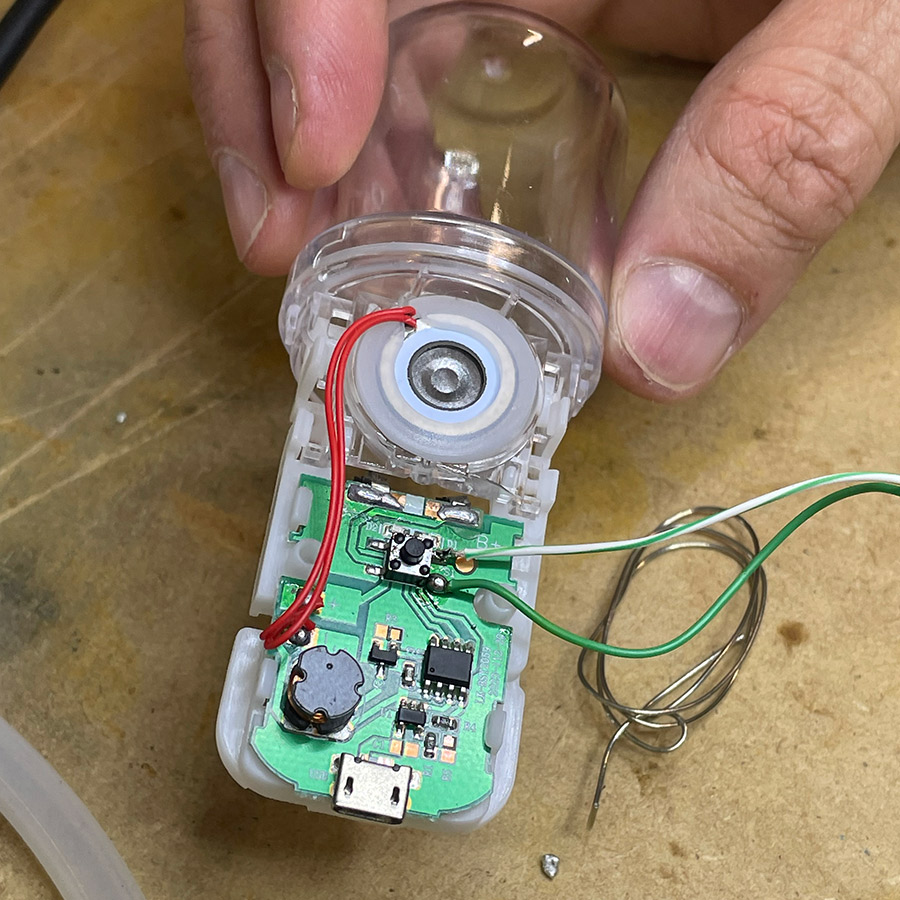


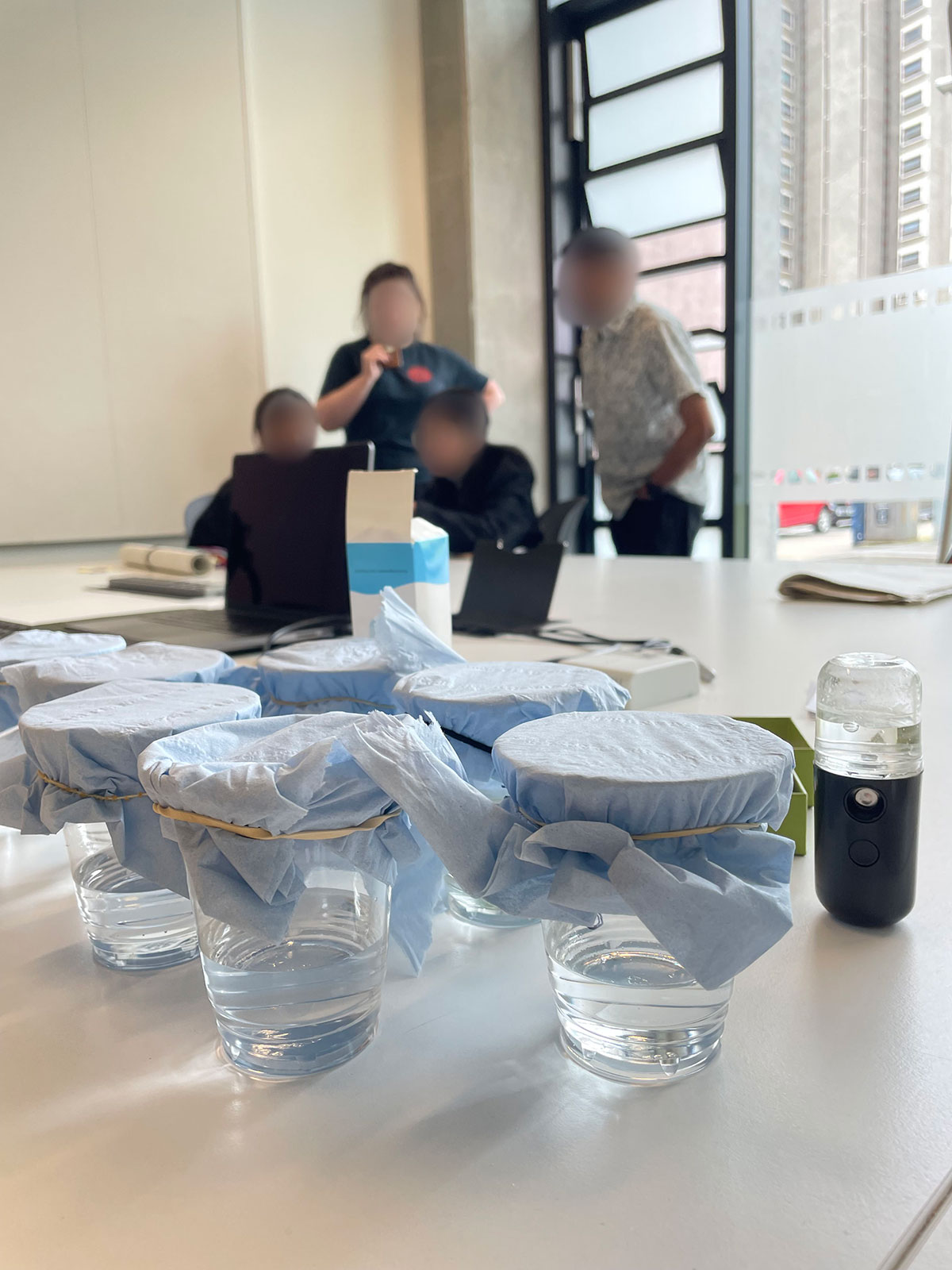
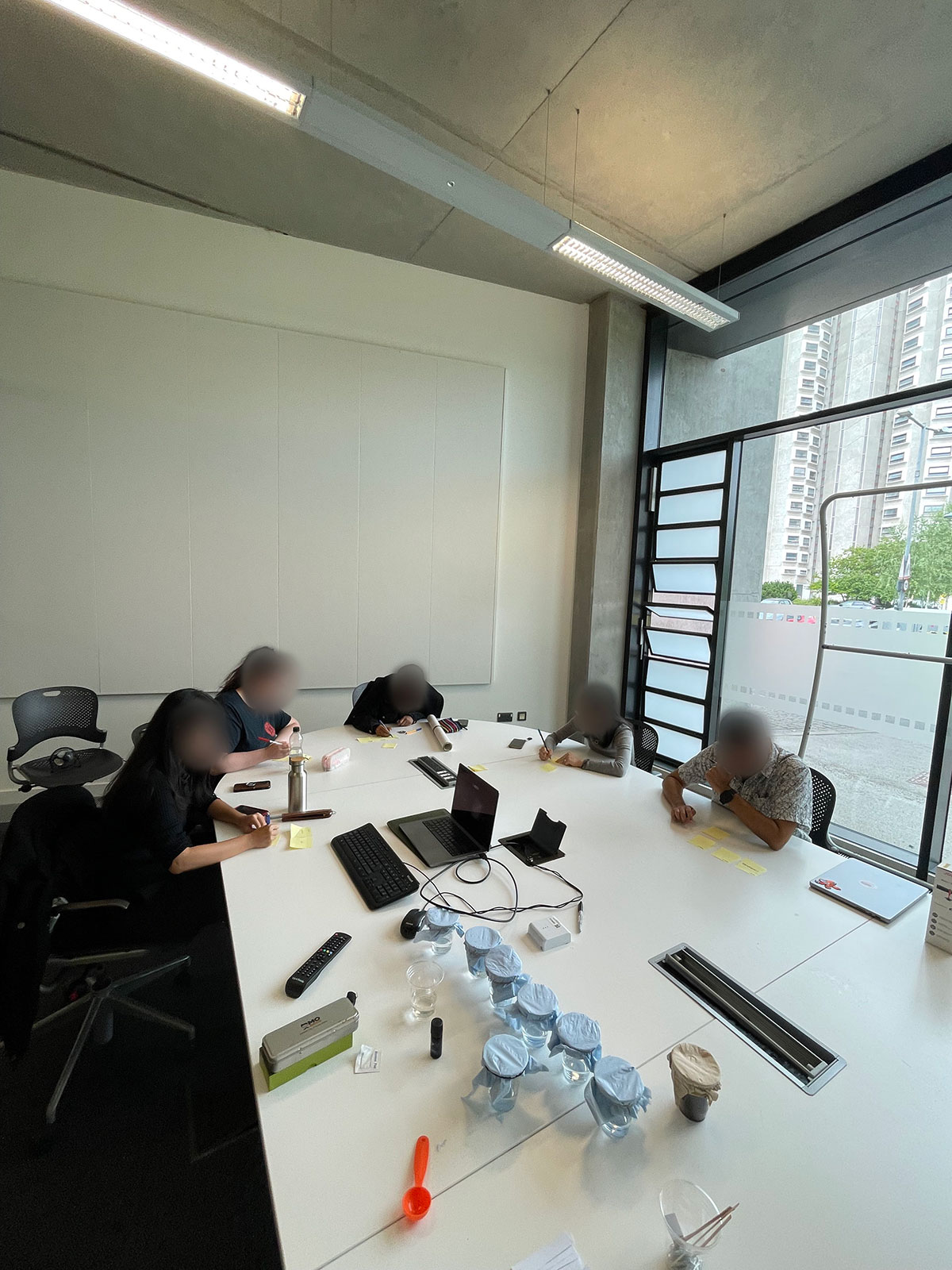
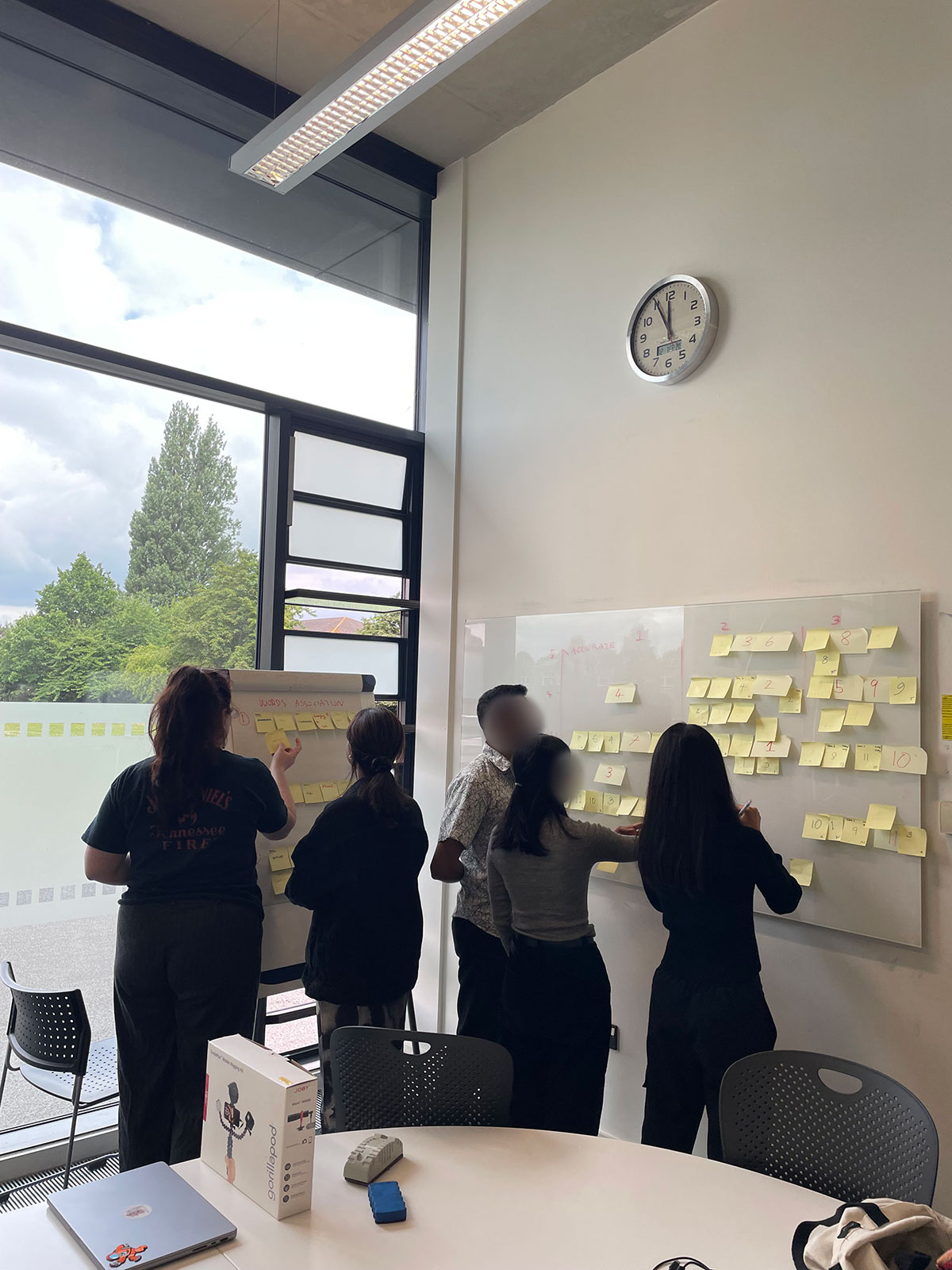

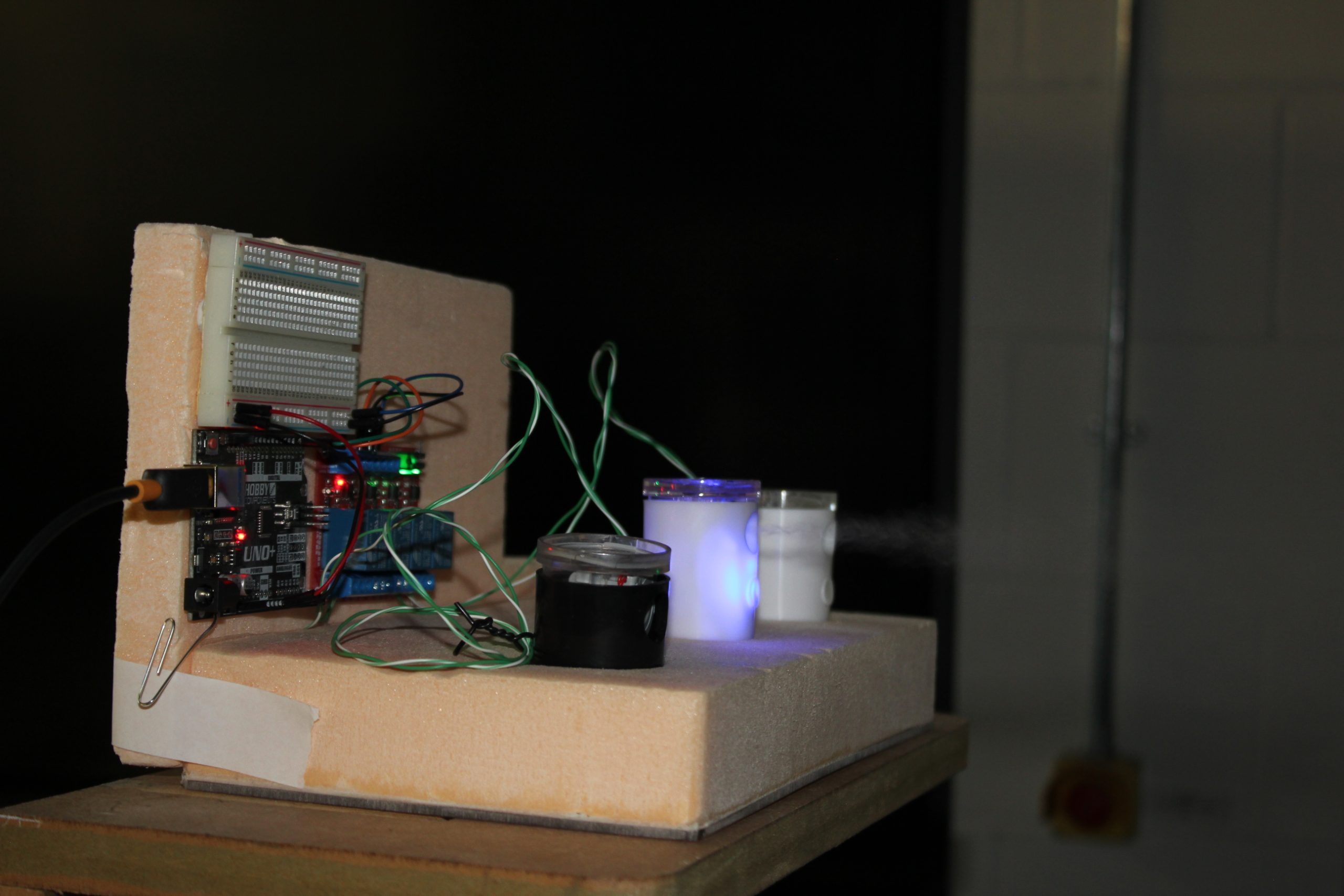
It should come as no surprise that human activities threaten our planet and communities. The following photos are taken in South Africa during this module.


